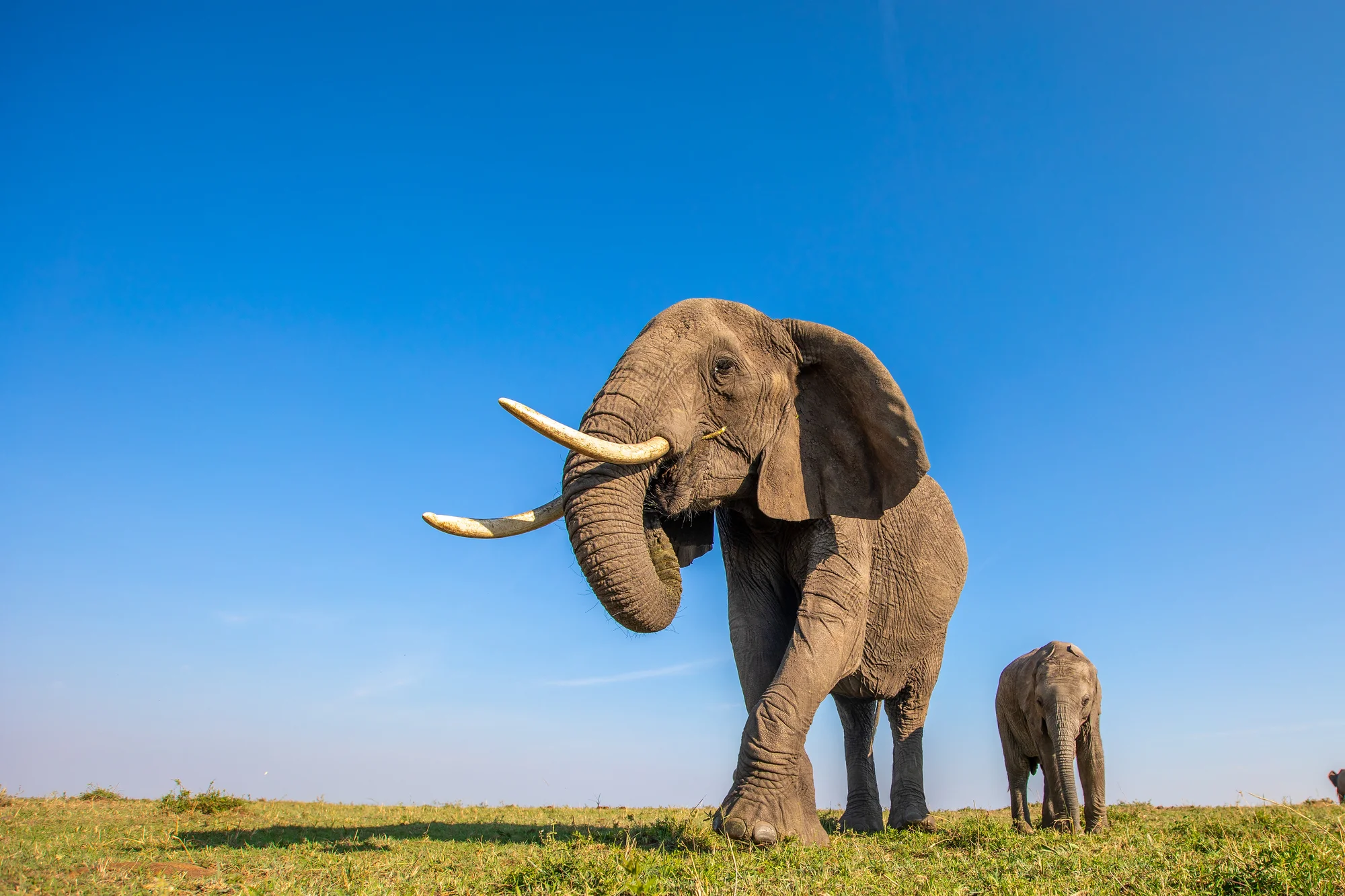Africa is home to some of the world’s most remarkable wildlife, such as lions, leopards, hyenas and elephants. But for communities who live close to these creatures’ habitats, problems can emerge.
Human-wildlife conflict occurs when animals and people stray into each other’s ecosystems or compete for the same resources, leading to a negative result. Examples unfortunately include wild animals attacking and injuring or killing people, destroying crops, or killing livestock, which often leads to retaliatory killing of the animals. The far-reaching impacts of climate change, and the ever-shrinking habitats, make the situation worse.
However, connected technology can provide an answer. Vodafone, in partnership with Safaricom and World Wide Fund for Nature (WWF) have been creating a new AI powered solution to provide communities with an early warning and deterrent to deter certain wildlife to help combat human wildlife conflict. Following testing at the UK’s Longleat Safari Park, the team recently carried out their first field test in Kenya. According to WWF Kenya, over 60% of the country’s wildlife live in communities and private lands outside Protected Areas, where human-wildlife conflict cases are most common.
Preserving peaceful coexistence
Named after the Swahili word for giraffe – Twiga – m-Twiga is a cutting-edge solution which combines Internet of Things (IoT) and AI technology. Working with the WWF, it was tested in the wild at Kenya’s Mara Siana Community Conservancy.
m-Twiga is a 360-camera system which uses AI to detect and identify animals within the vicinity. When an animal is detected, it reacts by sending out a SMS (Short Message Serivce) to alert the wildlife rangers of the animals’ presence and also activate a deterrent, such as flashing lights or specific sounds to ward off the animal.
Evaluating the solution in Kenya has allowed the development team to collect a vast amount of data on animals in their natural habitat, which supports the AI model to work more quickly and effectively to identify them.
Watch the project in action in this video:
Technology to protect the planet
After the testing of m-Twiga is complete in Kenya, the joint team of Vodafone, Safaricom and WWF will look to further develop the solution.
We’ll also continue our work with WWF. The partnership has seen IoT technology used to address other biodiversity challenges. For instance, infrared cameras have been installed on the southwest coast of South Africa to minimise whale entanglements in mussel farming ropes. We’re also working together on One Million Phones for the Planet, a programme encouraging recycling of mobile devices.

























